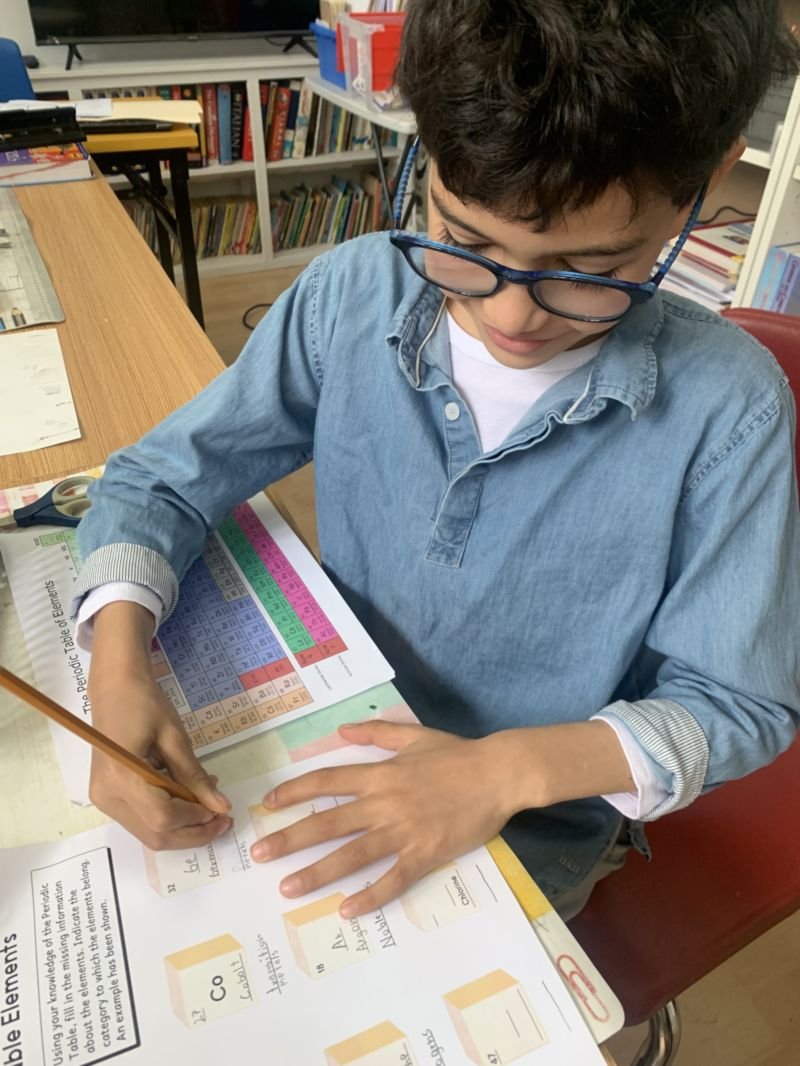We've opened up spots to book in-person tours!
Blog
Educational Foundation
A strong educational foundation is important for many reasons because it promotes lifelong learning, academic achievement, personal development, empowerment, economic opportunities, critical thinking, personal fulfillment, and societal progress. The foundations of a subject provide the fundamental concepts, principles, and theories on which further learning is built. By understanding these foundations, children develop a solid knowledge base that serves as a framework for acquiring more advanced knowledge and skills.

Some of the ways a strong educational foundation benefits children at Alive Montessori & Private School:
Cognitive Development: A strong educational foundation stimulates children's cognitive abilities, including critical thinking, problem-solving, and information processing. It lays the groundwork for developing essential skills such as literacy, numeracy, and logical reasoning, which are fundamental for academic achievement across various subjects.
Academic Success: A solid educational foundation sets children up for academic success. It provides them with the necessary knowledge, skills, and study habits to excel in their educational journey. With a strong foundation, children are more likely to have higher academic performance, greater confidence in their abilities, and a thirst for learning.
Independence in Learning: When children understand the foundations of a subject, they become more independent learners. They can explore related topics, conduct research, and pursue their interests within the subject. A strong foundation empowers children to take ownership of their learning, ask questions, seek answers, and engage in self-directed study.
Comprehension and Retention: When children grasp the foundations of a subject, they can comprehend new information more effectively. Understanding the core concepts allows them to make connections, relate new ideas to existing knowledge, and retain information in a meaningful way. This enhances their ability to apply their knowledge and solve problems within the subject.
Critical Thinking and Problem-Solving: A strong understanding of the foundations of a subject enables children to engage in critical thinking and problem-solving. By understanding the underlying principles, they can analyze and evaluate information, think logically, and apply their knowledge to solve complex problems. Foundations provide a framework for higher-order thinking skills.
Confidence and Self-Esteem: When children receive a strong educational foundation, they gain a sense of accomplishment and confidence in their abilities. Success in learning tasks and achieving educational milestones contributes to their self-esteem, encouraging them to take on new challenges and believe in their potential.
Love for Learning: A solid educational foundation nurtures a love for learning in children. It cultivates intellectual curiosity, and a desire to explore the subject in-depth. An understanding of basics equips children with the tools and knowledge to continue learning and adapting to new developments within the subject throughout their lives.When they experience the joy of discovering new concepts, finding answers to their questions, and making connections, they develop a lifelong enthusiasm for acquiring knowledge. This intrinsic motivation becomes a driving force for continuous learning throughout their lives.
Communication and Language Skills: A strong educational foundation enhances children's communication and language skills. They develop a rich vocabulary, effective verbal and written communication skills, and the ability to express their thoughts and ideas clearly. Strong language skills facilitate effective interpersonal relationships, academic success, and future professional opportunities.
Real-World Application: The foundations of a subject often have direct relevance to real-world applications. Understanding these foundations allows children to apply their knowledge in practical situations, make connections to real-life scenarios, and see the practical value of the subject. This application of knowledge enhances their engagement and motivation to learn.
Interdisciplinary Connections: Understanding the foundations of a subject facilitates connections with other subjects and disciplines. Many concepts and principles overlap across different fields of study. By comprehending the foundations, children can identify these connections, integrate knowledge from different subjects, and develop a broader and more holistic understanding of the world.
Preparation for Higher Education: Understanding the foundations of a subject is essential for success in higher education. Many subjects have prerequisite knowledge and skills that form the foundation for advanced coursework. A solid understanding of the foundations ensures a smooth transition to higher levels of education and sets the stage for further specialization within the subject.
